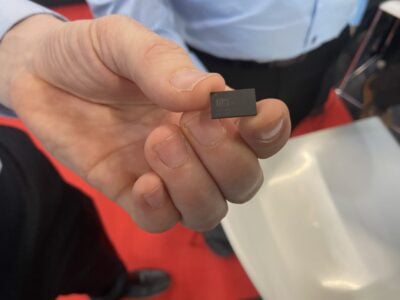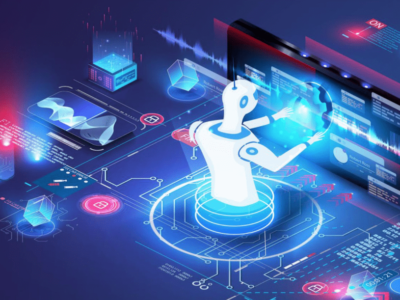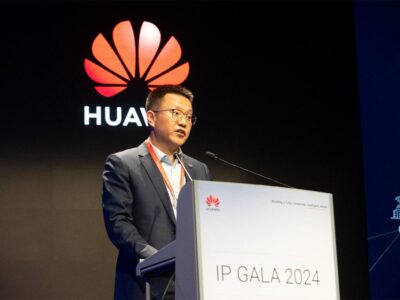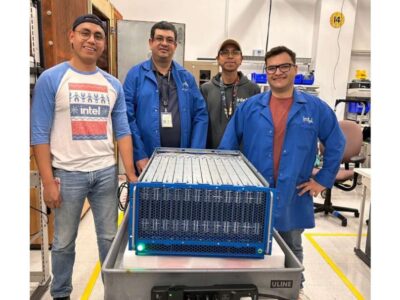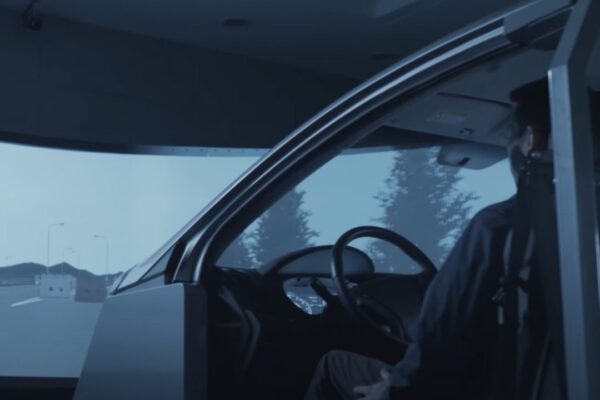
Brainwave technology boosts driver alertness
Probably every driver knows the state of pleasant sleepiness that sets in after a good meal. But this state (in German-speaking countries known as “bratwurst coma”) is dangerous when one gets behind the wheel in this condition: The driver’s attention is then significantly reduced, the risk of an accident increases. The Korean technology company Hyundai Mobis plans to tackle the problem with a technology based on measuring brain waves and using these measurements to alert the driver. A pilot project using this technology has now documented initial successes. It has been found that dangerous situations such as drowsy driving can be reduced by up to one third when using this driver monitoring technology called M.Brain. As more biosignalling technologies are introduced to prevent car accidents, these technologies should also help reduce the number of serious accidents involving buses or other commercial vehicles.
Hyundai Mobis, together with the Korean Gyeonggi Research Institute, recently announced the results of an analysis of the practical effects of M.Brain, which has been used as a pilot project in public buses in Gyeonggi-do for the past year. The pilot application showed that drivers who had M.Brain activated were able to concentrate better and were less exposed to the dangers of inattention. M.Brain detects the driver’s state in real time by monitoring brain waves around the ears through a pair of earphones worn by the user. When a driver becomes inattentive, M.Brain uses visual, audio and haptic warnings to help the driver regain attention.
The results of the pilot’s analysis show that drivers using M.Brain can reduce their inattention by up to 30% after meals, when drowsiness is at its highest. Inattention leads to dangerous situations where the driver falls asleep or cannot keep his eyes on the road. On motorways, where such driving could lead to serious accidents, M.Brain reduced inattentive driving by about 20%.
The tests also proved that M.Brain can help drivers to quickly look ahead, even if they fall asleep or look elsewhere while driving. The system detects inattentive driving in real time and warns the driver through seat vibrations or warning tones. It succeeded in restoring the driver’s attention in a maximum of 2.3 seconds. This is about three times faster than in situations without the Hyundai Mobis technology, the company claims.
The findings obtained in the demonstration project are particularly important because valid data were obtained on how brain waves change depending on the driver’s state of health and the driving environment under real traffic conditions. The key competitive advantage of such in-vehicle health care lies in the data obtained while driving on the road. To this end, Hyundai Mobis will expand the use of M.Brain to a total of 300 public buses and their drivers by the end of the year. Their plan is to increase the scale of the demonstration and use Deep Learning to speed up the analysis process.
Global competitors in in-vehicle healthcare are currently at the stage of launching new autonomous technologies that use biosignals that are relatively easy to measure, such as those of the pupil of the eye or the pulse. However, Hyundai Mobis was the first company in the world to develop brainwave technology that goes a step further than simple biosignal technologies, and collects data on a large scale to boot.
In parallel, Hyundai Mobis is developing digital health technologies by integrating Deep Learning to interpret brain waves and other biosignals. They will expand various joint projects, including pilot projects with local governments and the transport industry. This is expected to enable Hyundai Mobis to deliver customised health and infotainment services based on passengers’ biosignals once they reach the stage of fully autonomous driving.
https://www.mobis.co.kr/en/index.do
Related articles:
Hyundai Mobis applies brainwaves to ADAS
Researchers want to ‘copy and paste’ the brain into memory
Brain controls airplane – cars next?
Seatback sensor monitors driver alertness
Hyundai Mobis invests in HD imaging radar startup
 If you enjoyed this article, you will like the following ones: don't miss them by subscribing to :
eeNews on Google News
If you enjoyed this article, you will like the following ones: don't miss them by subscribing to :
eeNews on Google News

